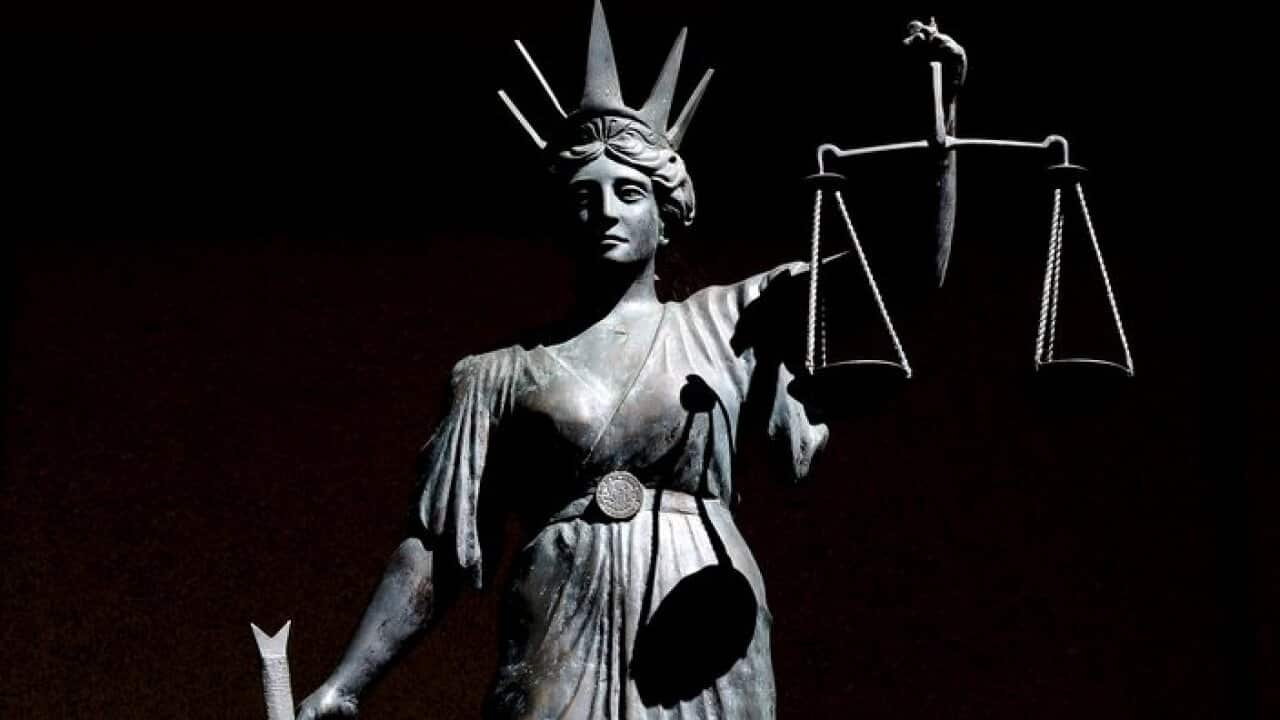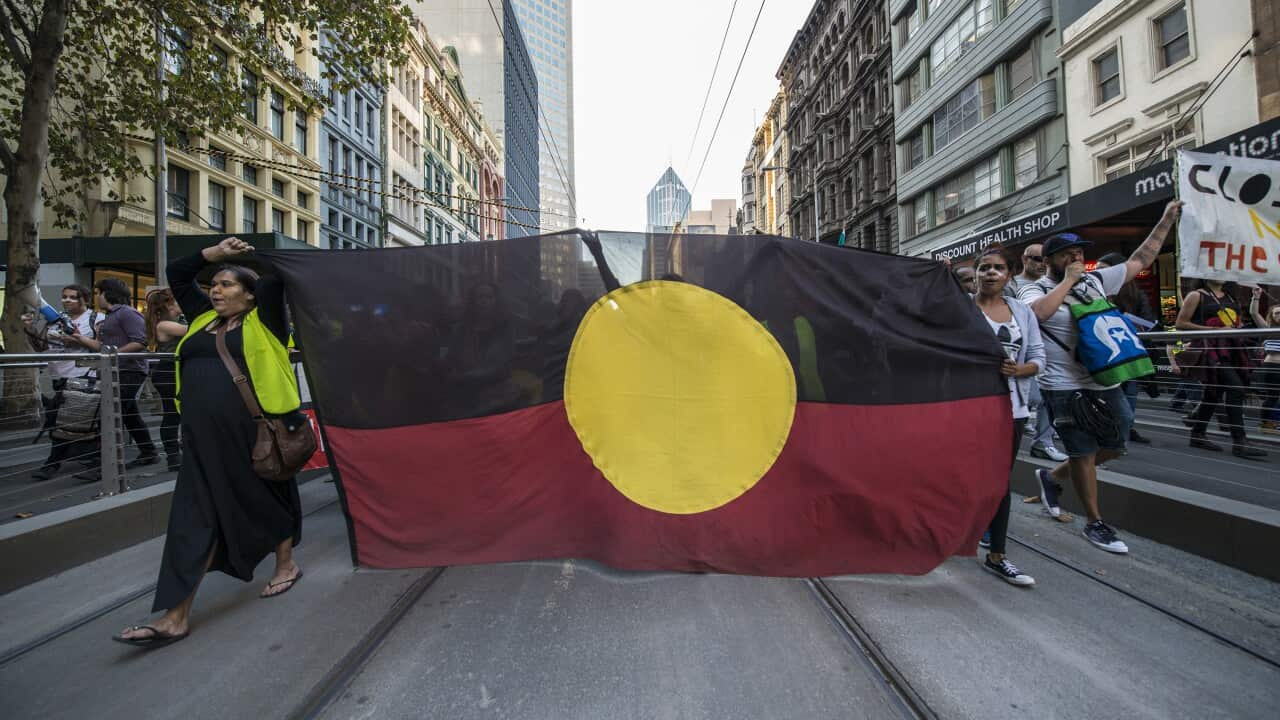While there have been some successful cases brought, less than five per cent of claims made under the Racial Discrimination Act make it to the courts and there the majority of them are dismissed.
Section 18C makes it unlawful to commit a public act that is reasonably likely to offend, insult, humiliate or intimidate another person or a group of people based on their race.
The Section outlines an and monetary damages or an apology are usually awarded to the person or group being discriminated against. Section 18D also includes broad ranging exemptions, such as 'in the performance… of an artistic work’ and ‘in making a fair comment on any event or matter of public interest if the comment is an expression of a genuine belief.’
Racial Discrimination Commissioner, Tim Soutphomassane, spoke to NITV on the 40th anniversary of the Racial Discrimination Act late 2015.
“Before the Act was introduced there was little that people could do in response to experiencing racial discrimination. The law was not on the side of many victims of discrimination, including Aboriginal and Torres Strait Islander peoples. The Act makes racial discrimination unlawful.”
READ MORE

COMMENT: Why are we ignoring 18D?
However, he admits that Australia still has a long way to go when it comes to racism.
“The consultations we conducted this year [2015], to coincide with the 40th anniversary of the Racial Discrimination Act, found that Aboriginal and Torres Strait Islander people continue to face systemic institutional discrimination. “
Approximately brought by Indigenous Australians under s 18C of the Racial Discrimination Act have reached the courts in the last twenty years.
WARNING: The case studies below may include offensive language and comments.
Unsuccessful cases
In 1997, six complaints were made against Pauline Hanson, the then Member for Oxley. The complaints were in regard comments she made to the Australian newspaper arguing that Aboriginal people received too many benefits and she would be fighting for “the white community, the immigrants, the Italians, Greeks, whoever, it really doesn't matter, you know, anyone apart from Aboriginal and Torres Strait Islanders”. The complaints were dismissed, with the stating that Hanson did not say she wished to take anything away from the Aboriginal and Torres Strait Islander people, nor did she say she would be fighting against them.
Another complaint was lodged in 2000 against Pauline Hanson following the publication of the book, ‘Pauline Hanson, The Truth’, which made claims “that Aboriginal people were savages who ate babies.” As the book’s author was anonymous, despite the copyright being owned by Hanson, the Human Rights Commission as it did not implicate Ms Hanson or the One Nation Party.
An Aboriginal man lodged a complaint against his former employer, Beaurepaires Tyres in Townsville in 2000. He alleged that he endured racial abuse “almost every day” including being referred to as a “typical black c--t”. The complaint was as the Commission was unable to fully substantiate the accuracy of the claim.
A complaint lodged against the Toowoomba Sports Ground following their decision not to remove the word “n---er” from “The ES ‘N---er’ Brown Stand” at the athletic oval was . As the owners of the ground had consulted with the local Indigenous community on the decision and the term had long been used as a nickname for Mr ES Brown, the Federal Court found that the claim did not breach s 18C. Later appeals to the and then the were dismissed.
Related Reading

Peter Wertheim weighs in on the Racial Discrimination Act
The Nyungar Circle of Elders made a complaint against the West Australian newspaper after they published a cartoon called “Alas Poor Yagan” in 1997. The cartoon depicts Yagan, an ancestor of the Indigenous complainants, who became the subject of legal proceedings to arrange the return of his head from London to Australia. In addition to allegedly derogatory political commentary, the cartoon depicts the head of Yagan saying “Crikey, give me a warm beer and a quiet pommy pub any day”. The as the Commission found that the “publication is not reasonably likely in all the circumstances to offend a reasonable reader”. It further stated that while the cartoon “made inappropriate references to Nyungar ancestors and beliefs”, it did not breach the Act. Further were also dismissed.
An Aboriginal elder made a complaint about the performance of a non-Indigenous professional comedian under the stage name ‘King Billy Cokebottle’. The performances were alleged to be offensive by portraying Aboriginal people as stupid, dirty, ill-educated and always drinking. While the Court found that the skits were “vulgar and in poor taste”, the case was covered by the exemption in Section 18D for ‘artistic work’.
Successful cases
In 1999, a was made after Senator Ross Lightfoot made comments that Aboriginal people were the most primitive people on earth and that many aspects of Aboriginal culture were abhorrent. The claims were recorded in the West Australian newspaper and the Australian Financial Review. As Lightfoot later apologized for his remarks in the Senate, the case was originally dismissed but the Federal Court of Australia granted and the comments were ruled unlawful at the
When Swan Shire Councillor, David Fardig made a remark about shooting a group of Aboriginal people, a complaint was brought by an Aboriginal man in 1999. The and the Commission ordered Councillor Fardig to pay $1000 in damages, stating the offence was made worse “by coming from the holder of an important public office.”
A complaint by an Aboriginal man against his neighbour who had repeatedly made offensive comments to him, including referring to him as a “black bastard”, was by the Commission. He was ordered to pay $1500 in damages.
A group of elders made a complaint about comments made by Howard Sattler and a guest on air whilst discussing protests by Aboriginal people at the Swan Brewery site. It was alleged that one guest said the Indigenous protesters had been “urinating, they were defecating and they were fornicating” on the sacred site. Another guest was then believed to have said “shame the first time he popped up the first workman didn’t clean him up with a shovel”. The radio station was to pay each of the five complainants $10,000 in damages.
In 2011, the Federal Court ruled that the comments made by Andrew Bolt in two newspaper articles and online . The complaints were made by a group of Aboriginal people personally labelled in a series of articles implying that they were not genuinely Aboriginal and were pretending to be Aboriginal in order to access benefits that are available to Aboriginal people. The Court that a correction to the offending articles and blog posts be published online and in print.
This case is particularly significant as it is regarded by many as being the catalyst for the recent attempts to either diminish or abolish 18C from the Racial Discrimination Act. Most notably, it is often inferred that the reason Bolt lost this case was merely because he questioned issues of Aboriginal identity, however the verdict of the case specifically stated that "nothing in the orders I make should suggest that it is unlawful for a publication to deal with racial identification, including by challenging the genuineness of the identification of a group of people."
Instead it was the manner in which Andrew Bolt misrepresented information and made inflammatory comments that meant they were not covered under the s 18D exemption for 'fair comment'. "The reasons for that conclusion have to do with the manner in which the articles were written, including that they contained erroneous facts, distortions of the truth and inflammatory and provocative language."



